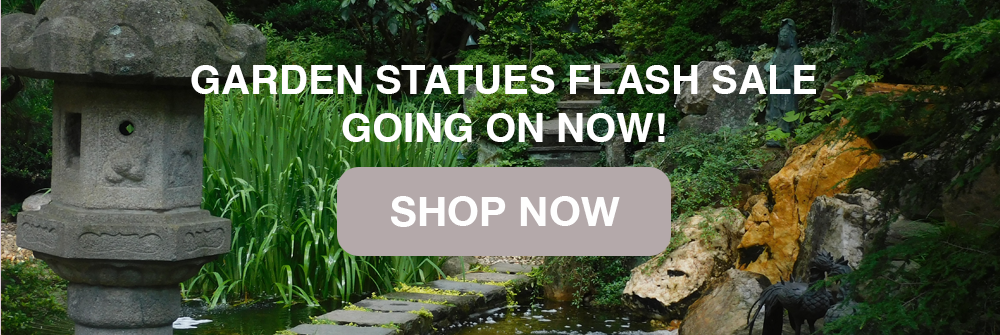So much of spiritual dialogue is about liberation—as it should be—but a focus on liberation can be a way of turning our gaze away from the other side, which is that in many ways, we are not free. I mean, of course we aren’t—otherwise, why all the talk of freedom? But if we’re going to pay attention to going beyond, we also need to acknowledge where we really are, and where others are.
When we talk about dukkha, that fundamental dissatisfaction of human existence, it’s easy to make it too simple. I’m guilty of this—when I describe it, I’ll use examples like wanting it to be sunny when it’s raining, or when it’s sunny, wishing it could always be sunny. Those work, but they don’t touch on why we so often translate dukkha as “suffering.” A more useful explanation might be that each of us, in subtle and obvious ways, feels trapped.

I felt this deeply in the first days of the invasion into Ukraine. A news report mentioned that in those early hours, many Russian soldiers didn’t know where they were or what they were doing—they were just following orders, not sure what ground they were standing on or why. How confusing, how heartbreaking, to navigate that kind of confusion, doing your job while knowing, deep down, that something just isn’t right.
It’s easy, I think, to look from the outside and say, “They’re not trapped. They could leave. They could stand up for what’s right.” I hear the same thoughts on abusive relationships: “Why doesn’t she just leave?” Or “You don’t like your job—why don’t you just quit?” But it isn’t that simple, and deep down, we know it. We know what it is to be part of something that feels too big to understand, or too hard to step out of, or just unfair.
The other day, a friend was telling me about her relationship troubles, her work troubles, her health troubles, and then she stopped, took a deep breath, and sighed, “God, I’m so tired of capitalism.” We kind of laughed for a second, but we both understood: she can spend all of her energy—for a lifetime—repairing or escaping or rebuilding those things she can see, but behind or beneath those things, there are other forces at work, systems so huge that most of us can’t imagine a way out. Our political systems, racism, sexism—wherever we situate ourselves in those narratives, whether we are suffering or seemingly benefiting, we are inside. Always. We are a part of it.
![]()
This has always been a part of dukkha, but it is also a distinctive version of it, one that has become more pronounced in the last century or so. For most of history, most people couldn’t realistically envision making their way to a life different from the one they were living, so while they were still trapped, the gap between what is and what could be was, I suspect, often less. And more than that, people of the past didn’t necessarily understand themselves as being part of the systems they were in. It’s a recent awareness, and a painful one, that we are all participants in the isms that keep our and others’ lives small.
I could circle back to liberation here and offer a pep talk. That pep talk matters. Knowing that even when we can’t change our circumstances, we can still change our relationship to them, that we can at least taste freedom from inside of something—that matters. But for today, I offer this as a mere reminder of what connects us. The person who just cut you off in traffic, the one serving you coffee, your boss—it isn’t just that they, like you, have preferences and wish that things could be different. It’s that they, like you, bear the weight of being inside of something they wish they could be free of, something so big it seems not to have edges but so solid that nothing gets in or out. They feel trapped.
First, we notice that. We really look. Because without that piece, that clarity, what does all the talk about liberation mean?
Author: Koun Franz
Koun Franz is a Montana-born Soto Zen priest who trained, taught, and translated in traditional monasteries in Japan. He is the guiding teacher of Thousand Harbours Zen in Halifax, Nova Scotia (his talks can be found on the their podcast) and editor of Buddhadharma: The Practitioner’s Guide.



1 comment
Thank you Franz…a much needed teaching. so much saddness for all concerned…so much suffering.